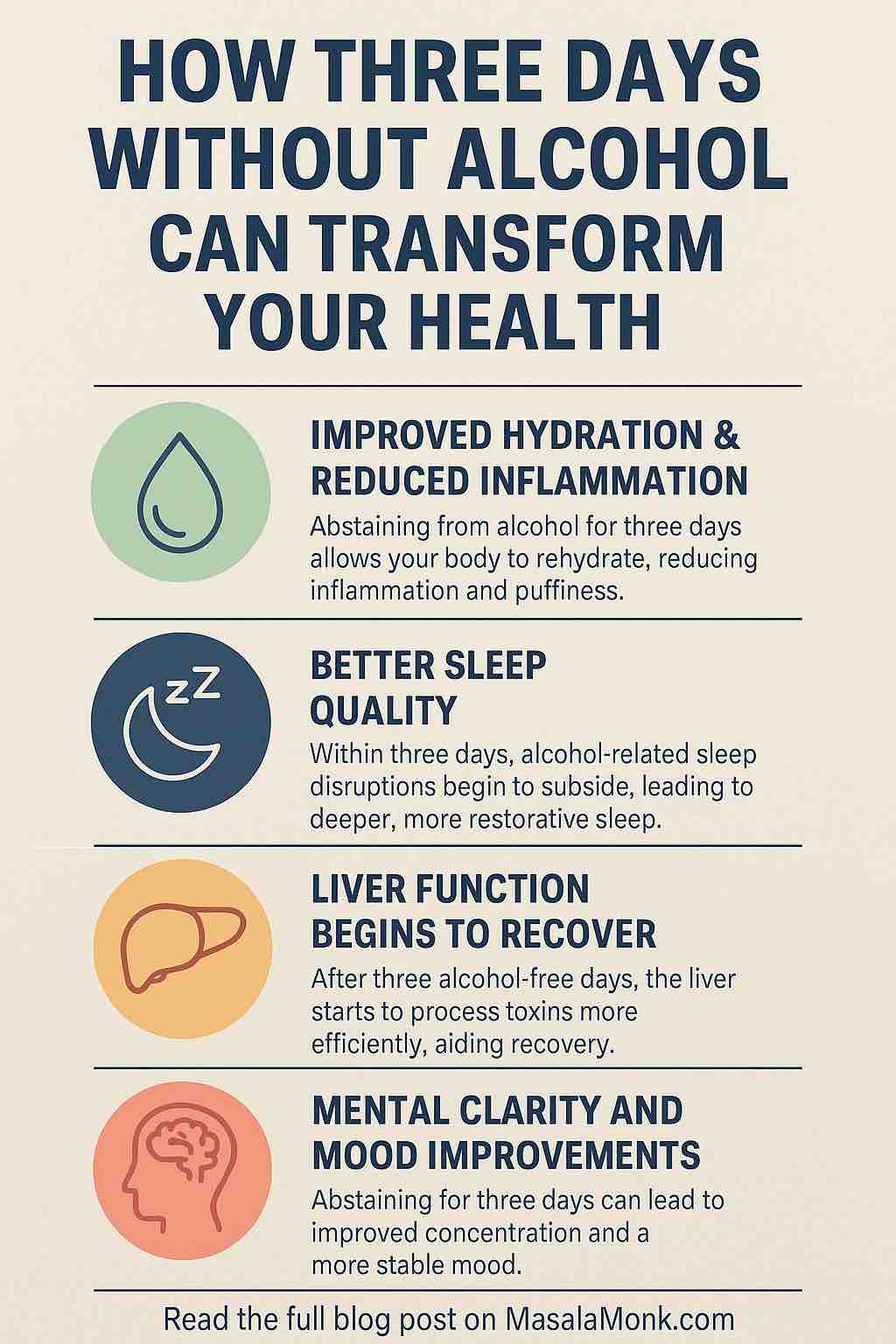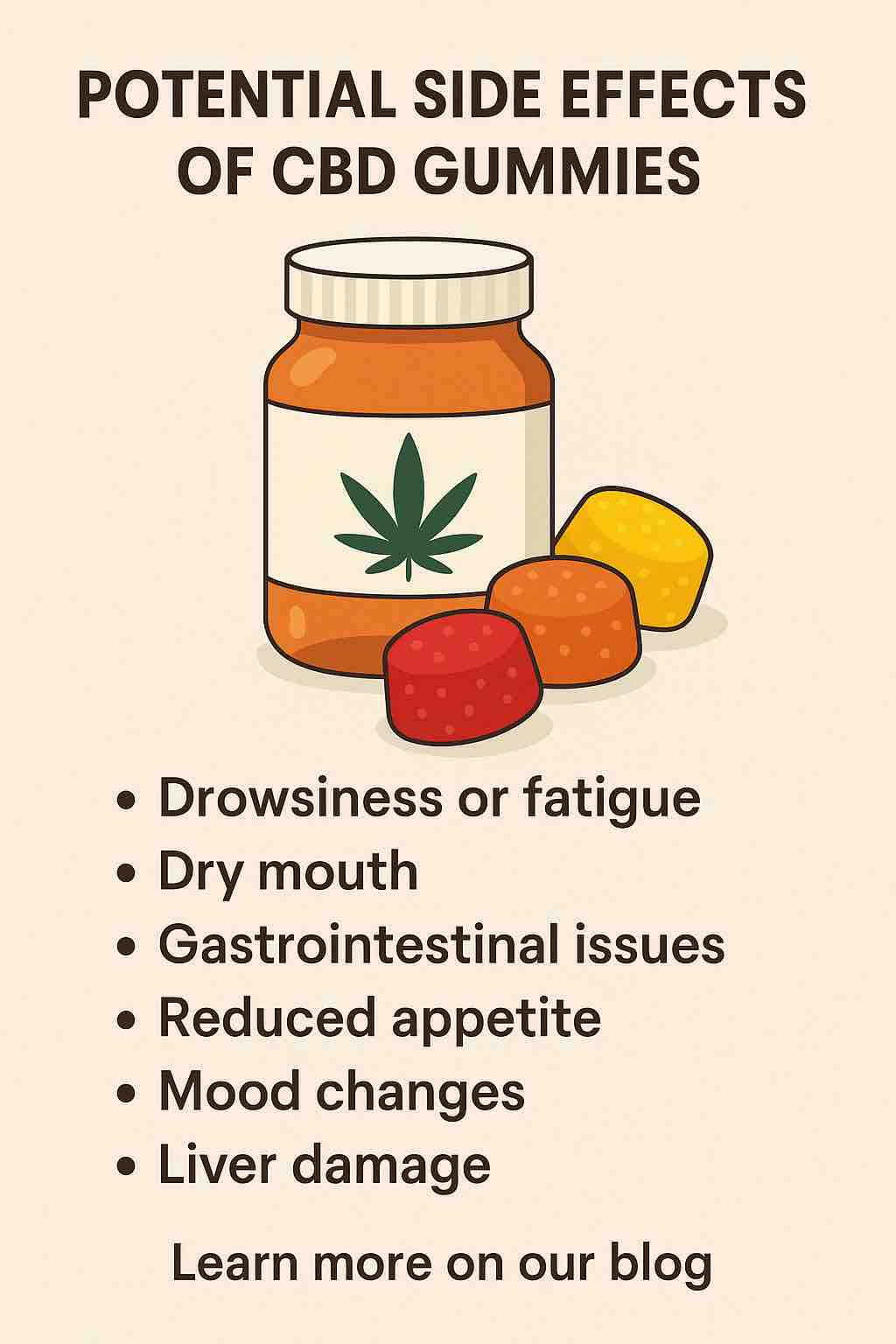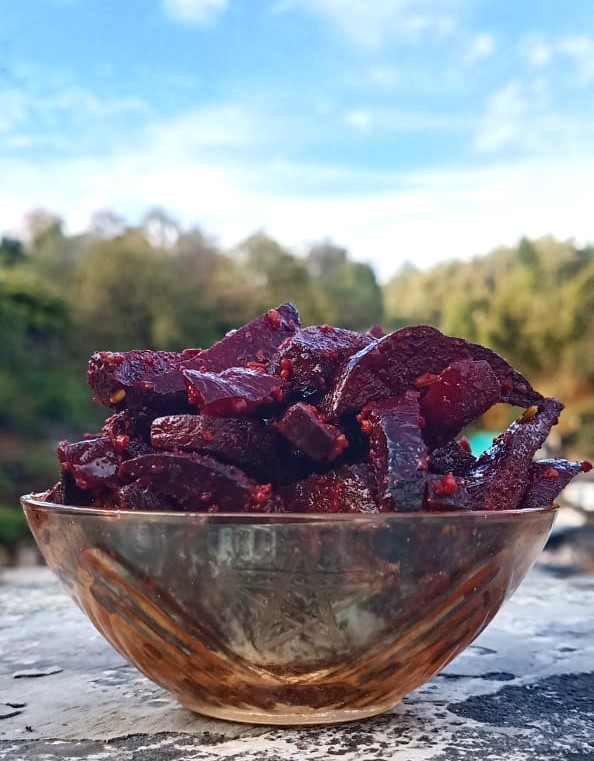
Alcohol is deeply woven into social life, culture, and relaxation rituals for many. But even if you’re not struggling with addiction, taking a break from drinking—even for just a few days—can unlock remarkable benefits for your body and mind.
You might think that three days without alcohol is too short a time to notice any changes, but science tells a different story. In fact, your body begins to repair itself almost immediately when you stop drinking, and after just 72 hours, you can already experience significant improvements.
Let’s dive deep into the fascinating science behind what happens when you say “no” to alcohol for three days—and why this short reset can be a powerful tool for your health.
Day 1–3: Your Body Starts a Healing Journey
1. Liver Regeneration Begins
Your liver is the hardest-working organ when it comes to processing alcohol. Every sip you take introduces a toxin called acetaldehyde, which your liver must break down. This process creates oxidative stress, damages liver cells, and promotes inflammation.
A study published in Clinical and Translational Gastroenterology (Kirpich et al., 2017) shows that when you stop drinking, your liver rapidly reduces oxidative stress markers and inflammation within just 3 days. The enzymes involved in liver detoxification rebound, giving your liver a chance to heal and regenerate.
Imagine the liver as a busy factory overloaded with toxic waste—pausing alcohol consumption allows this factory to clean up and repair machinery, improving its efficiency for the future.
2. Better Sleep and Mental Clarity
We’ve all heard that alcohol helps you fall asleep faster—but that’s only half the story. Alcohol disrupts your sleep architecture by suppressing REM sleep—the critical phase when your brain consolidates memories and processes emotions.
A 2013 study in Alcoholism: Clinical and Experimental Research (Ebrahim et al.) found that after just three days without alcohol, REM sleep patterns start returning to normal. This means deeper, more restorative sleep, which translates to waking up feeling refreshed and mentally sharp.
Say goodbye to grogginess, irritability, and “hangover brain.” Your mood improves, focus sharpens, and anxiety levels often drop as your brain chemistry balances without alcohol’s depressant effect.
3. Inflammation Takes a Backseat
Chronic alcohol intake activates your immune system, causing systemic inflammation. Markers like TNF-alpha and IL-6—proteins that indicate inflammation—rise with regular drinking, contributing to tissue damage and increased risk for diseases like cardiovascular problems.
Research published in Frontiers in Immunology (Szabo & Saha, 2015) highlights that these inflammatory markers begin to decrease significantly after just three days of abstinence. By reducing inflammation, your risk of complications linked to alcohol consumption also starts dropping.
Additional Benefits You Can Feel After 3 Days
4. Hydration and Skin Health
Alcohol dehydrates your body by increasing urine output. In just three days without alcohol, your hydration levels normalize, which helps flush out toxins, reduce swelling, and improve skin elasticity.
Many people notice their skin looks clearer, less puffy, and more radiant. This isn’t just cosmetic—better hydration supports all your organs and systems working optimally.
5. Blood Sugar Regulation
Alcohol can cause blood sugar spikes followed by crashes, leading to fatigue, irritability, and cravings. Research in Diabetes & Metabolic Syndrome (Lajtha & Sershen, 2017) shows that after a short break, blood sugar levels stabilize as your liver restores its ability to regulate glucose effectively.
This helps keep your energy steady throughout the day and reduces the likelihood of overeating or unhealthy snacking driven by blood sugar dips.
What Does This Mean for You?
Even if you’re not ready to give up alcohol entirely, taking just three days off can offer a surprising health boost:
- Your liver gets a chance to repair itself.
- You sleep better and wake up clearer-headed.
- Your immune system calms down.
- Your skin and hydration improve.
- Your blood sugar becomes more stable.
How to Maximize Your 3-Day Alcohol Break
- Stay Hydrated: Drink plenty of water to help your body flush out toxins.
- Eat Nutritiously: Focus on whole foods rich in antioxidants, like fruits and vegetables, to support liver and immune function.
- Prioritize Sleep: Create a calming bedtime routine to reinforce your sleep recovery.
- Avoid Other Toxins: Cut back on caffeine and processed foods that might stress your system.
- Move Gently: Light exercise, like walking or yoga, can boost circulation and mood.
Summary of Evidence
| Effect | Timeframe | Key Finding | Study Reference |
|---|---|---|---|
| Liver enzyme normalization | ~3 days | Reduced oxidative stress and inflammation | Kirpich et al., 2017 |
| Sleep cycle restoration | 1-3 days | REM and deep sleep rebound | Ebrahim et al., 2013 |
| Inflammation reduction | 3 days | Lower cytokine levels (TNF-alpha, IL-6) | Szabo & Saha, 2015 |
| Blood sugar stabilization | 3 days | Improved insulin sensitivity and glucose control | Lajtha & Sershen, 2017 |
Final Thoughts: Small Changes, Big Impact
Taking three days off alcohol might seem like a minor step, but the scientific evidence shows it can trigger a cascade of positive effects that benefit your whole body. It’s like hitting a reset button that sets you up for better health, energy, and mental clarity.
Whether you do this once in a while or make it a regular practice, your body will thank you. And if three days can make this much difference, imagine what a longer break could do.
Ready to try it? Your body’s healing journey starts now.
FAQs: How Three Days Without Alcohol Can Transform Your Health
1. Will I notice any difference in my body after just three days without alcohol?
Yes! Many people report improved sleep, better hydration, clearer skin, and more mental clarity within 72 hours of stopping alcohol. Your liver also starts to repair, reducing inflammation and oxidative stress.
2. Can a short break from alcohol improve my liver health?
Absolutely. Research shows the liver begins healing within days of abstinence, with decreased liver enzymes and inflammation markers. While longer breaks lead to more significant recovery, even three days allow your liver to rest and regenerate.
3. How does alcohol affect my sleep, and what changes after three days sober?
Alcohol reduces REM sleep, which is vital for memory and emotional health. After three days without alcohol, your sleep cycles start normalizing, leading to deeper, more restorative sleep and better daytime alertness.
4. Will stopping alcohol for three days reduce inflammation in my body?
Yes. Alcohol triggers the release of inflammatory proteins like TNF-alpha and IL-6. Research indicates that abstinence as short as three days significantly lowers these markers, helping reduce systemic inflammation.
5. Is it normal to experience cravings or mood swings during a three-day break?
It can be. Your body is adjusting to the absence of alcohol, which affects brain chemistry and blood sugar levels. Staying hydrated, eating balanced meals, and getting enough rest can help ease these symptoms.
6. How does alcohol impact blood sugar, and what happens after stopping?
Alcohol causes blood sugar spikes followed by crashes, leading to fatigue and cravings. After three days without alcohol, your body’s glucose regulation begins to stabilize, resulting in steadier energy levels.
7. Will my skin improve if I stop drinking for three days?
Many people notice reduced puffiness, better hydration, and clearer skin within a few days of quitting alcohol. Since alcohol dehydrates the body and increases inflammation, stopping helps your skin recover quickly.
8. Can taking three days off alcohol help with anxiety or depression?
Yes, for some people. Alcohol is a depressant that disrupts neurotransmitter balance. Even a short break can improve mood and reduce anxiety as brain chemistry starts to rebalance without alcohol’s influence.
9. Should I avoid caffeine or other stimulants during a short alcohol break?
It’s a good idea to moderate caffeine and other stimulants because your body is already adjusting to changes. Excessive caffeine might increase anxiety or disrupt sleep, counteracting the benefits of your alcohol-free days.
10. How often should I take breaks from alcohol to maintain health benefits?
There’s no one-size-fits-all answer, but regular breaks—like monthly or quarterly “alcohol holidays”—can provide recurring health benefits. Even occasional 3-day abstinences help your body reset and improve overall wellbeing.













